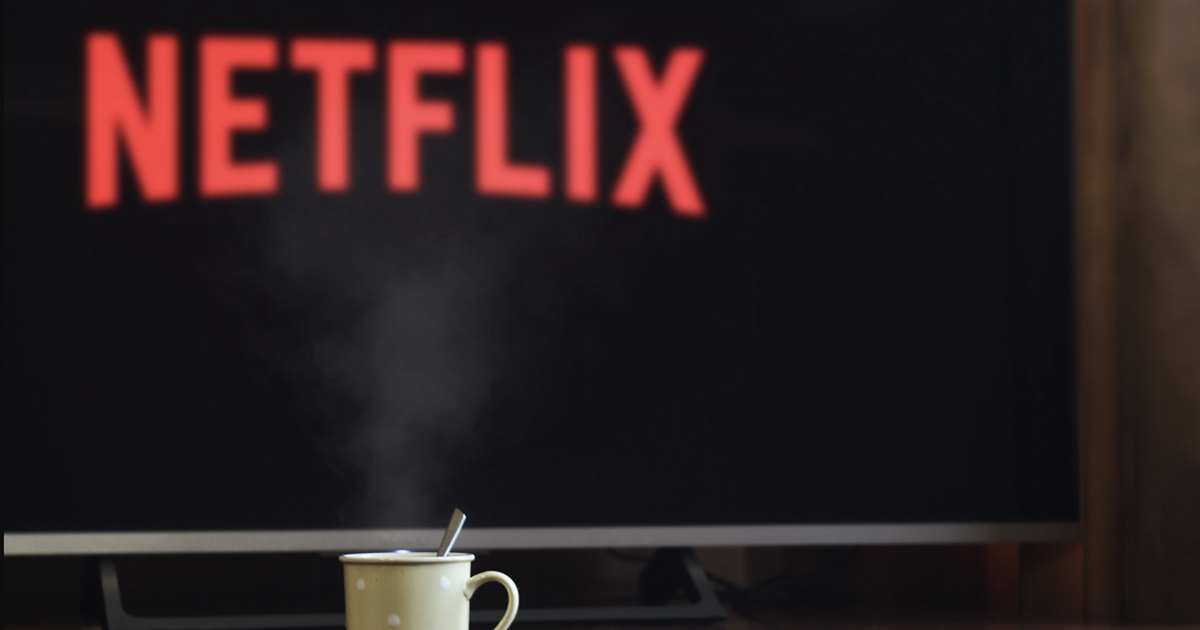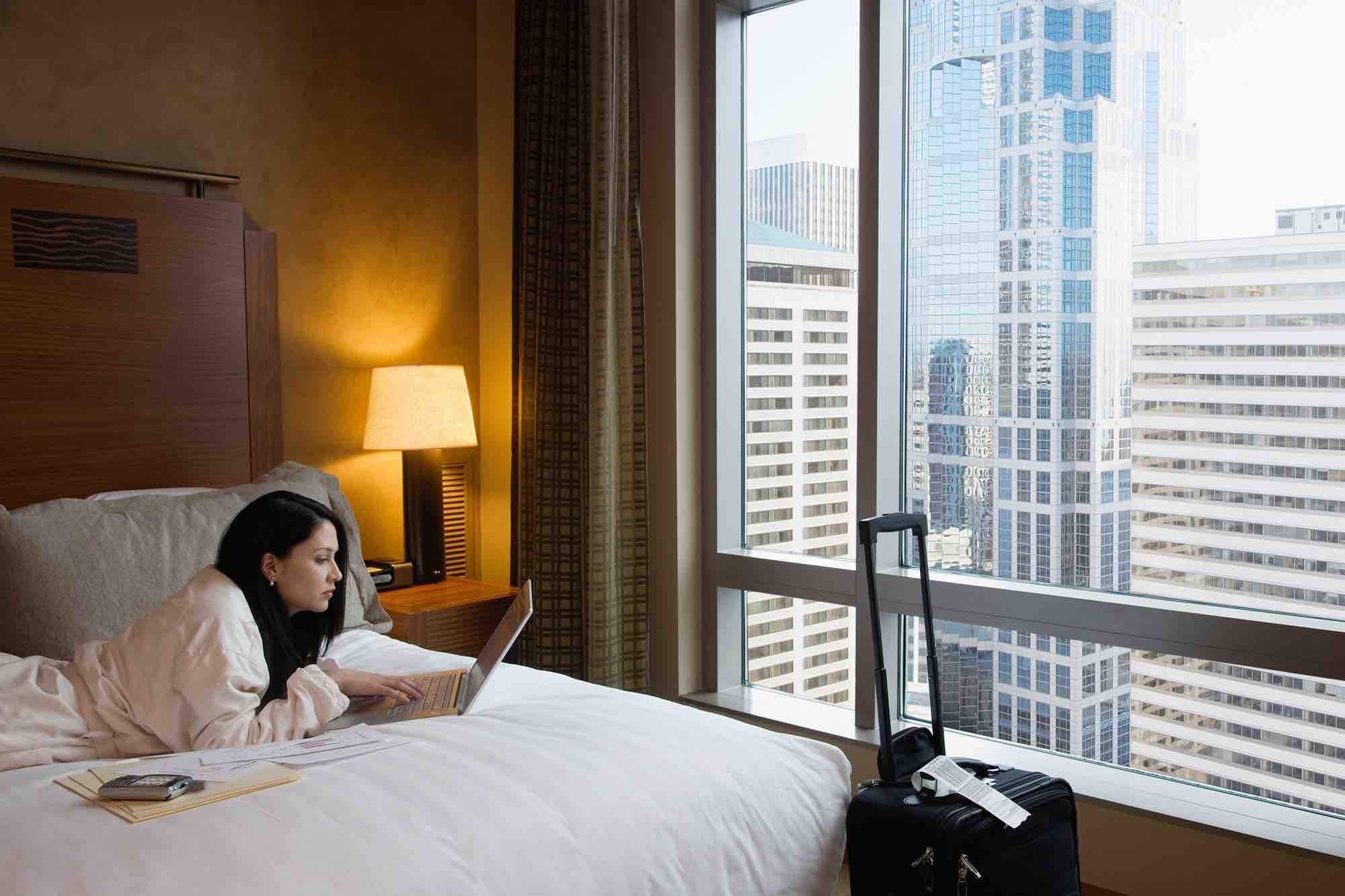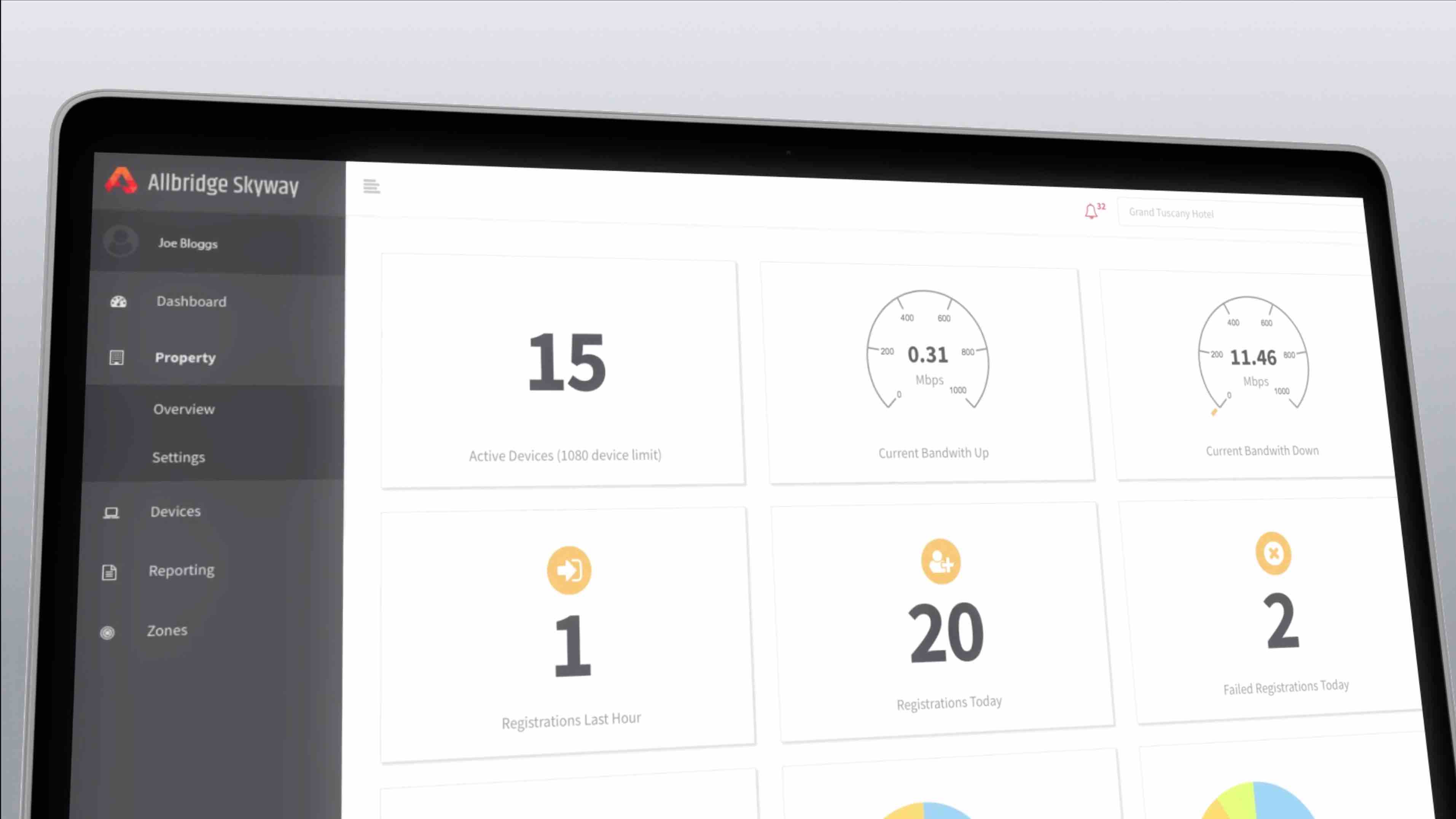TV in your hotel room hasn’t always been a given. For years, the guest room television wasn’t a high priority for many hotel operators unless the property had free HBO. While consumer technology quickly advanced, from picture and performance to over-the-top (OTT) capabilities, the hotel TV remained stagnant, taking years to even bring high definition (HD) to the guest room. However, the television is a vital part of the guest experience, and you need comparable video services to what your guests are accustomed to at home to make them feel comfortable.
%20(1).jpg)








